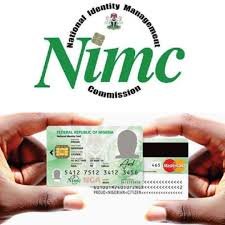Gom Mirian
In a bid to harness the immense potential of Nigerians in the diaspora, the Tertiary Education Trust Fund (TETFund) and the Nigerians in Diaspora Commission (NIDCOM) have come together to strategise and finalise plans for diaspora exploits in the field of research and development.
The meeting, which was held in Abuja, brought together top officials from both organisations to discuss ways to foster knowledge exchange, fellowship, research, and transnational projects, as well as the implementation strategy for the Diaspora Research Centre for Development project in the country.
The Centre, which is proposed to be domiciled in the University of Ibadan, is a collaborative effort between TETFund and NIDCOM. It is aimed at harnessing the intellectual and financial resources of Nigerians in diaspora to advance the development of the country’s education sector.
According to Abike Dabiri Erewa, the Chairman of NIDCOM, the project is a significant step towards building a solid knowledge and innovation economy that can compete globally,while tapping into the wealth of knowledge and resources in the diaspora community. The Diaspora Research Centre, she noted, will be the first of its kind in Africa with immense potential to shape the landscape of research and development in the continent.
She added that “TETFund followed through with the commitment by earmarking 1 billion naira for the establishment of Diaspora Research Centre in the University of Ibadan, one of Nigeria’s most prestigious tertiary institutions.”
TETFund’s Executive Secretary, Arc. Sonny Echono, reaffirmed the agency’s commitment to providing the necessary funding and support to ensure the success of the project.
He added that its involvement was crucial because of its mandate to provide funding for the development and improvement of Nigerian tertiary institutions in teaching, research and infrastructure.
He further explained that: “The Centre is proposed to house a rich collection of African Diaspora and Transnational Studies resources, including textbooks, archival documents, audio and video tapes, online resources, microfilms and other related materials. It is as well intended to serve as a flagship scientific hub for teaching, research, and other academic activities related to diaspora and transnational studies.”



